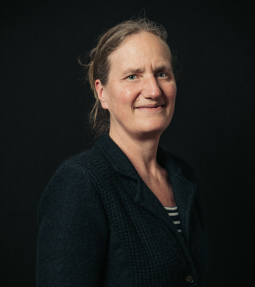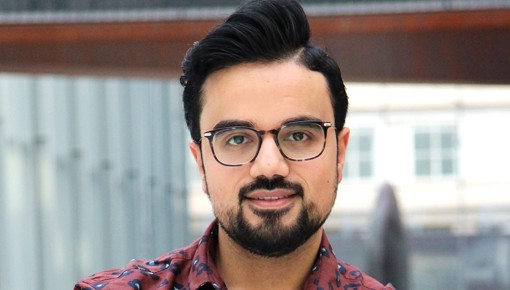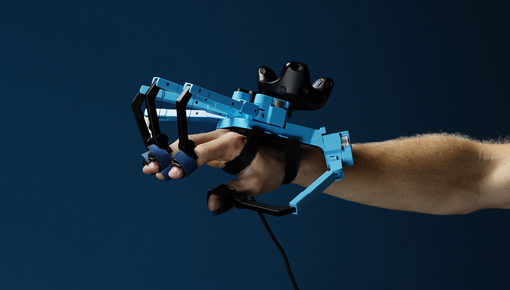In the Netherlands, about 175.000 women give birth every year. In most cases, pregnancy and childbirth are uncomplicated and end with a healthy child and happy parents. Unfortunately, about 1300-1400 children die in the period aroud birth. The 100 days before conception and 1000 days thereafter are fundamental for the development of a child and also largely determine their future health.
The major causes of perinatal mortality are premature birth, congenital anomalies and fetal growth restriction. The aim of the Medical Delta Institute of Fetal and Neonatal Care is to prevent morbidity and mortality caused by complications during pregnancy, birth or the neonatal period for both mother and child.
The program will focus on substantially decreasing the incidence of the three major complications that can occur during pregnancy and childbirth. The MOMETA program (monitoring and metabolomics of complicated pregnancies and neonates), one of the projects within this Medical Delta institute, will develop innovative techniques in maternal-fetal monitoring to provide a strong and healthy start for every child.
The program is divided into two parts.The first part will focus on developing new technological and medical solutions to monitor maternal and fetal heart rate.
To date, a pregnant woman is only admitted to a hospital when clear signals of illness are already present, which is often too late. Monitoring is done by a wired system, which is intrusive and limits patient mobility. In this program, a smart and wireless monitoring system will be developed to measure the heart rate of mother, fetus or neonate continuously. The system will ideally be combined with a Big Data analysis system and an automated early warning system to detect signs of clinical deterioration.
Metabolic monitoring for sepsis
The second part focuses on monitoring neonates and early diagnosis and prediction of neonatal sepsis (blood poisoning) using metabolomics.
At the moment, sepsis in the neonatal period is often diagnosed when the newborn is already critically ill. The early diagnosis of sepsis and early prediction of treatment outcome of sepsis would be very desirable. A monitoring device for sepsis will be developed focusing on discovering and validating metabolic biomarkers for the diagnosis of sepsis and prediction of treatment outcome.
The data from these two parts of the program will be combined in a Big Data analysis to support early prediction, decision making and intervention to prevent maternal, fetal and neonatal morbidity and mortality.
Collaboration
In the Medical Delta Institute of Fetal and Neonatal Care, a unique close collaboration is realized between the maternal fetal medicine specialist and neonatologist, supported by technological experts and engineers from TU Delft, Erasmus MC, LUMC and Leiden University. This unique collaboration of clinicians is a strength in this program. This institute is linked to the Medical Delta Living Lab Care Robotics.








